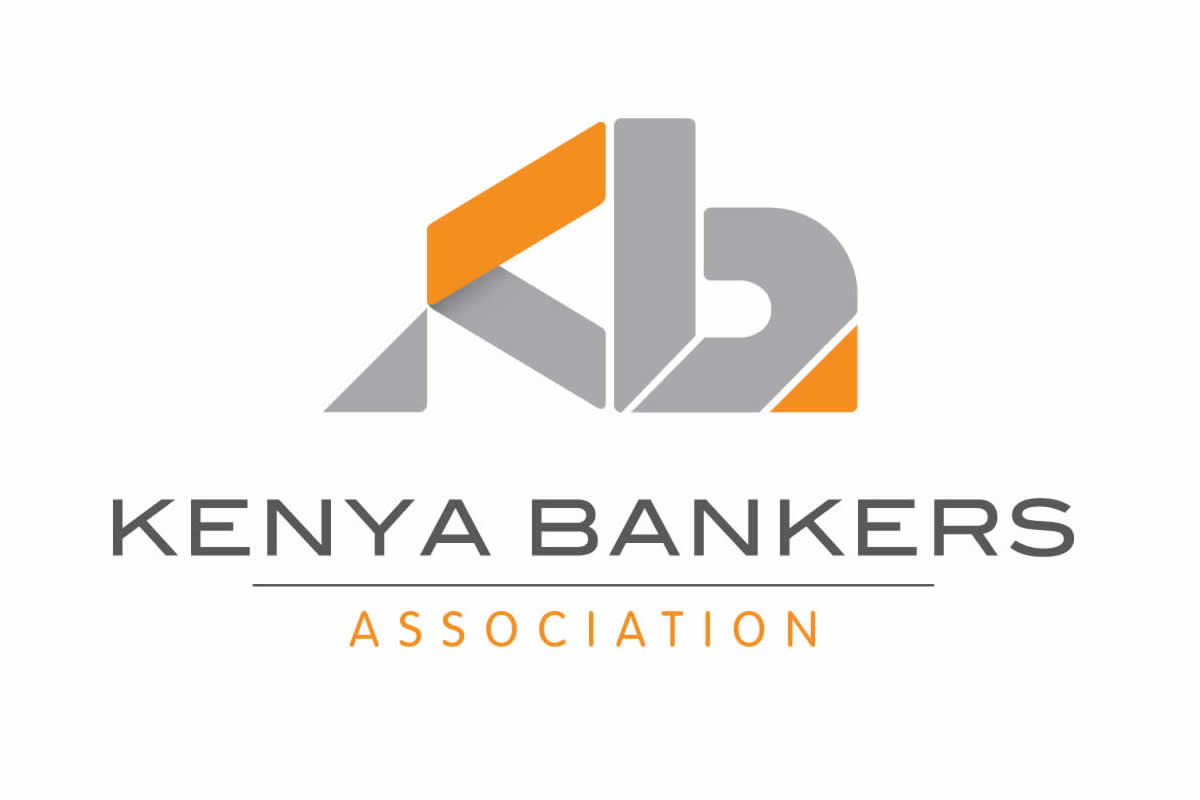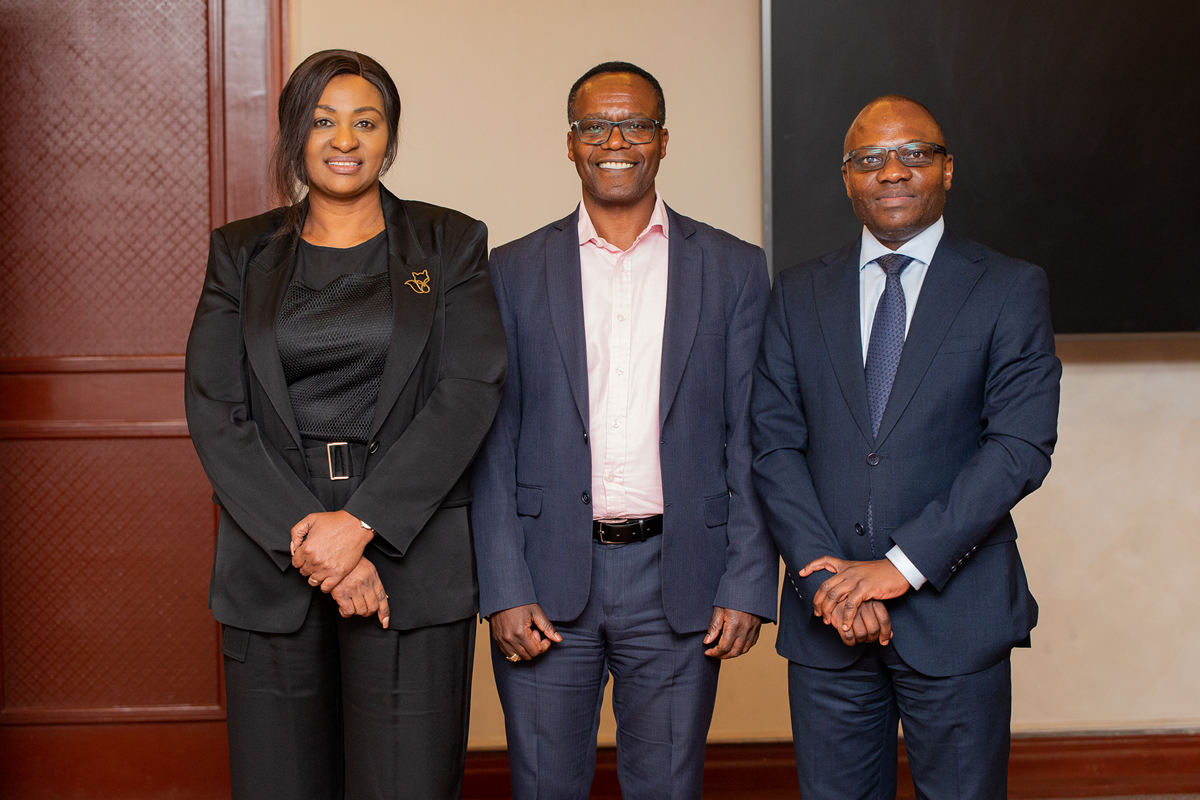Nairobi, Wednesday 5th October 2022 – Stanbic Bank Kenya has partnered with the Kenya Bankers Association (KBA) to offer a series of financial literacy training sessions for Deaf SME business owners at the Stanbic Bank, Kenyatta Avenue, Nairobi. The participants are drawn from Kajiado, Kiambu and Nairobi environs.
The training will be conducted under KBA’s Inuka SME Program, which aims to reach 200 Deaf business owners. Since 2018, the Association has been championing financial literacy training in conjunction with banks to upskill underbanked members of the public to be financially included and support business growth for banked MSMEs. Through the Inuka SME Program, more than 50,000 MSMEs have been empowered with key skills and knowledge to enhance their capacity to access bank finance and run their businesses better.
Speaking during the opening ceremony, Stanbic Bank’s Head of Business and Commercial clients, Florence Wanja, said, “Creating an enabling environment is mandatory for businesses to succeed. It is for this reason that we partnered with the Kenya Bankers Association to conduct this training. It is the first-ever training for hard of hearing Business owners in the Kenyan banking industry. Through this partnership, we aim to drive further entrench inclusion as a driver of economic development in the country.”
Stanbic Bank’s efforts to facilitate economic growth and development are guided by its purpose; Kenya is our home; we drive her growth. Accordingly, our operations are guided by our Social, Economic and Environment pillars with a focus on 7 key areas: Financial inclusion, Job creation and Enterprise growth, Sustainable finance and Climate change, Infrastructure development, Africa trade and investment, Education and Health.
The Kenya Bankers Association has been a driving force of inclusivity in service delivery and has championed responsive innovations aimed at facilitating access to financial services and satisfactory customer service for Deaf communities. For instance, the Association previously partnered with the Financial Sector Deepening (FSD) Kenya, and Deaf eLimu Plus to launch the Deaf Elimu Banking App, a self-training tool for bank-environment Kenyan Sign Language.
Speaking during the launch of the training, Kenya Bankers Association Chief Executive Officer Dr. Habil Olaka said that this is a significant moment for the sector in advancing financial inclusion for Deaf business owners. “The series of trainings reaffirms the industry’s commitment to support unbanked persons with disabilities to have knowledge on how to sustain their business in the long-term and bolster their ability to access credit from banks,” he said.
Ms. Wanja also noted, “Innovation is at the heart of everything we do; we have developed several products and services to support SMEs, including the Pamoja Trader Business Account, which has several benefits, including free cash handling for deposits below Kshs. 500,000 in addition to personalized services, with the client, only paying for services utilised.”
Globally, there is an urgent need for increased awareness of disability-inclusive development in line with the United Nations Conventions on the Rights of Persons with Disabilities, which promotes the full integration of people living with disability in societies. According to the Borgen Project, there have been significant positive developments for deaf people in Sub-Saharan Africa in the last decade.
Kenya has also made significant progress to ensure that the deaf members of our society have access to information. It includes the 2010 constitution that recognises sign language as the language of the deaf,
an indigenous language and one of the languages for the parliament in Kenya. In addition, the Disability Act 2003 requires all public broadcasting stations to include sign language in their programming. However, there is room for further progression.
For more information, please contact:
Catherine Njoroge, Senior Manager, External Affairs, Reputation & Communications
Tel: +254 (722) 664 992 | Fax: +254 (20) 310601 | Email: NjorogeC@stanbic.com |
For further information, go to www.stanbicbank.co.ke
Issued by Africa Practice on behalf of: Stanbic Bank Kenya
About Stanbic Bank Kenya
Stanbic Bank Kenya is a member of the Standard Bank Group, Africa’s largest bank by assets.
Standard Bank Group’s largest shareholder is Industrial and Commercial Bank of China (ICBC), the world’s largest bank, with a 20.1% shareholding. Standard Bank Group has direct, on-the-ground representation in 20 African countries.
Stanbic Bank Kenya provides the full spectrum of financial services. Its Corporate and Investment Banking division serves a wide range of requirements for banking, finance, trading, investment, risk management and advisory services. Wholesale delivers this comprehensive range of products and services relating to investment banking; global markets; and global transactional products and services.
Stanbic Bank’s Corporate and Investment Banking expertise is focused on industry sectors that are most relevant to emerging markets. It has strong offerings in oil, gas and renewables, power and infrastructure and agriculture.
About Business and Commercial unit, Stanbic Bank Kenya offers banking and other financial services to medium-sized enterprises and high-value small businesses. This unit serves the increasing need among Africa’s small business and individual customers for banking products that can meet their shifting expectations and growing wealth.
Stanbic Bank also offers Wealth services and product offerings, including insurance, investment, fiduciary, bespoke banking and multi-generational wealth preservation solutions to high-net-worth individuals, retail, business, commercial, and corporate clients across the Bank’s footprint.
About The Kenya Bankers Association
KBA (www.kba.co.ke) was founded on 16th July 1962. Today, KBA is the financial sector’s leading advocacy group and banking industry umbrella body that represents total assets in excess of USD 50 billion. KBA has evolved and broadened its function to include advocacy on behalf of the banking industry, and championing financial sector development through strategic projects such as the launch of the industry’s first P2P digital payments platform PesaLink. In line with the Government’s policy on public-private partnerships, KBA and Central Bank of Kenya have implemented key projects such as modernization of the National Payments System through the Automated Clearing House, implementing the Real Time Gross Settlement System (RTGS), and the Kenya Credit Information Sharing Initiative. The KBA members are comprised of commercial banks and deposit taking microfinance banks.


